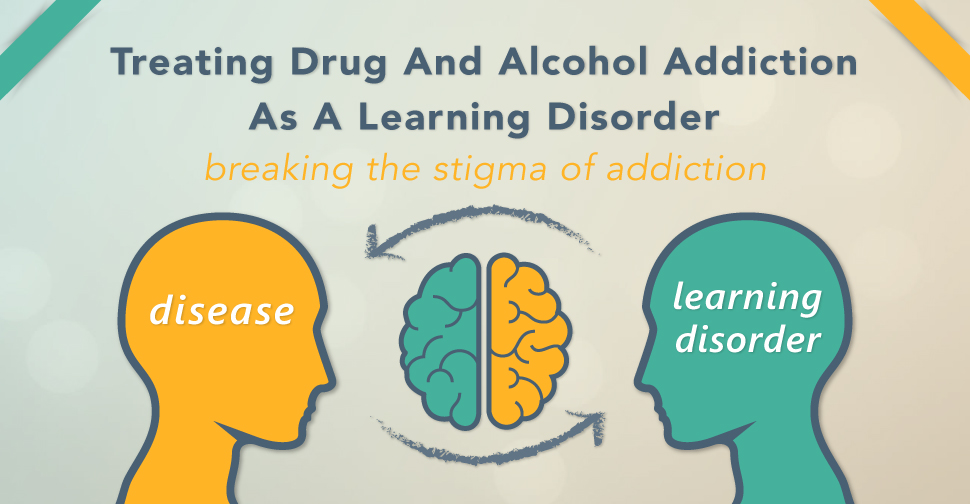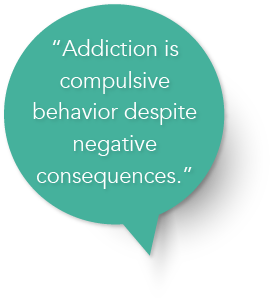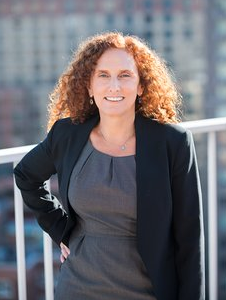
It is often difficult to understand the behavioral changes that accompany addiction. Even those of high moral integrity seem to succumb to uncharacteristic behavior, impairing relationships and hindering potential support. Despite being categorized as a disease, addiction is still widely stigmatized socially.
Maia Szalavitz is a journalist who has spent 30 years researching substance abuse disorders. In her new book, Unbroken Brain: A Revolutionary Way of Understanding Addiction, Szalavitz challenges our current understanding of addiction and the way it is treated.
Szalavitz On Addiction Stigma
In a recent interview with Business Insider, Szalavitz said, “Scientists think it’s nuts to frame the idea of addiction as a learning disorder as new, but most of the public has no idea and it’s been framed to the public as a disease – so when you think disease, you think cancer and Alzheimer’s – but then they see how people with addictions behave and they think, ‘Well, that doesn’t fit.’”
Szalavitz continued, “…So on the one hand, we’re calling it a disease, but then we’re treating it as a sin. And that doesn’t make sense.” Szalavitz’s suggests that drug and alcohol addiction should be considered a learning disorder to broaden the potential for effective treatment and reduce the stigma to move forward.
The Impact Of Social Stigma On Recovery
The concept of addiction as a disease has only been accepted socially for about 45 years. Before that, people struggling with drug or alcohol abuse were berated and dismissed as people of low morals.
The conflicted understanding of addiction and treatment still creates a stigma, making recovery more complicated. The negative impact of social stigma with addiction and recovery includes:
- Greater isolation of those struggling with addiction
- Higher likelihood of familial rejection
- Trouble with career and community involvement
- A greater chance of relapse
When negative behavioral changes impact the relationships of those struggling with addiction, it is common to assume that moral character is destroyed. Decisions made under the influence may continue to tarnish a person’s reputation long after rehabilitation is complete. It’s important to improve the social stigma of addiction to better treat those whom are struggling.
Psychological Addiction Treatment Methodology
The American Medical Association (AMA) first declared alcoholism an illness in 1956. The AMA further endorsed the dual classification in 1991 under both psychiatric and medical sections of the International Classification of Diseases.
Modern addiction treatments are more focused on psychological reform than ever before. With these ideas in practice, it seems that the medical community has been shifting toward this theory with great results. Many behavior and learning-based methods are in place, including cognitive-behavioral therapy. This process works to reverse the behavior and thought patterns in people with addiction through submersion. This is common practice in cases of obsessive-compulsive disorder and ADHD.
The Disease Or Choice Debate
 Szalavitz suggests that defining addiction as a disease is “misguided learning,” as it is not brain damage or pathology. Instead, she refers to the condition of addiction as “compulsive behavior despite negative consequences.”
Szalavitz suggests that defining addiction as a disease is “misguided learning,” as it is not brain damage or pathology. Instead, she refers to the condition of addiction as “compulsive behavior despite negative consequences.”
This is the basis of her literature, much of which is agreed upon by many healthcare officials. Treating addiction as a learning disorder may be the key to finding new and innovating methods that will stick.
How Are Learning Disorders Treated?
If a specialist is working to improve a learning disorder, such as dyslexia or ADD/ADHD, coping skills are usually the primary focus. A multidimensional plan is developed to help the individual deal with the disorder while continuing to function in everyday life.
It is possible that a similar tactic could be helpful in addiction recovery. By creating predictable scenarios and “training” the brain, it may be possible to see a higher success in treatment. While cognitive behavioral therapies and plan of actions are a step in the right direction, there is still much work to be done by way of treatment.
Treatment With Purpose
It is possible that addiction treatment could be benefited by reclassification. Identifying addiction as a learning disorder may open the door for new and effective methods that may not have been considered before.
As understanding of this condition expand, the stigma is bound to be lifted. By identifying what addiction is and isn’t, we’re better equipped as a society to assist those in recovery in their journeys and live more fulfilling lives.
We Can Help
 If you or a loved one is struggling with the stigma of addiction or recovery, the caring staff at DrugRehab.org is here for you. We can offer support and understanding, as well as resources to aid in your recovery journey. Contact us today. We’re here to help.
If you or a loved one is struggling with the stigma of addiction or recovery, the caring staff at DrugRehab.org is here for you. We can offer support and understanding, as well as resources to aid in your recovery journey. Contact us today. We’re here to help.


